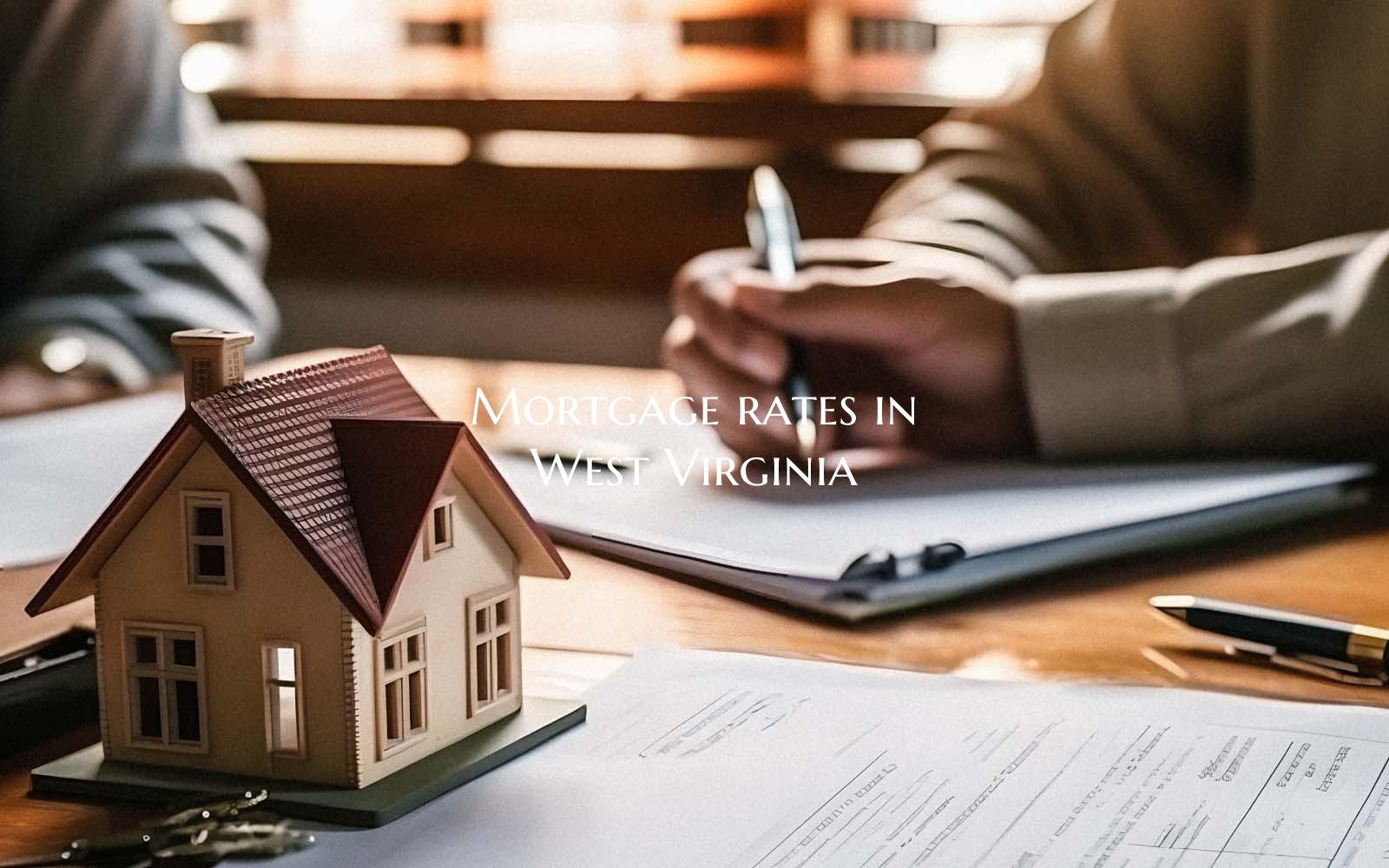Mortgage rates in West Virginia

Mortgage rates in West Virginia play a crucial role in the homebuying process for residents looking to secure financing for their dream homes. These rates can vary based on several factors, including market conditions, the borrower's creditworthiness, and the type of loan selected. Here is an overview of key points related to mortgage rates in West Virginia:
1. Current Market Trends: Mortgage rates in West Virginia, like in the rest of the country, are influenced by changes in the overall economy, inflation rates, and government policies. It is essential for potential homebuyers to stay informed about the latest market trends to make informed decisions about when to lock in a mortgage rate.
2. Factors Affecting Mortgage Rates: Lenders consider various factors when determining mortgage rates, such as the borrower's credit score, debt-to-income ratio, down payment amount, and the type and term of the loan. Borrowers with higher credit scores and a lower debt-to-income ratio typically qualify for lower interest rates.
3. Types of Mortgages: In West Virginia, homebuyers can choose from various types of mortgages, including fixed-rate mortgages and adjustable-rate mortgages. Fixed-rate mortgages offer stable interest rates throughout the loan term, while adjustable-rate mortgages may have lower initial rates that can fluctuate over time.
4. Local Lending Institutions: When shopping for a mortgage in West Virginia, it is essential to explore offerings from local banks, credit unions, and online lenders. Comparing rates and loan terms from different institutions can help borrowers find the most competitive option for their financial situation.
5. Mortgage Rate Lock: Once a borrower has found a favorable mortgage rate, they may have the option to lock in that rate for a specified period, protecting them from potential rate increases. It is crucial to understand the terms and conditions of rate locks to ensure they align with the homebuying timeline.
Understanding mortgage rates in West Virginia is a critical aspect of the homebuying process. By staying informed about market trends, factors influencing rates, types of mortgages available, local lending options, and rate lock strategies, homebuyers can make well-informed decisions when securing financing for their new home.
